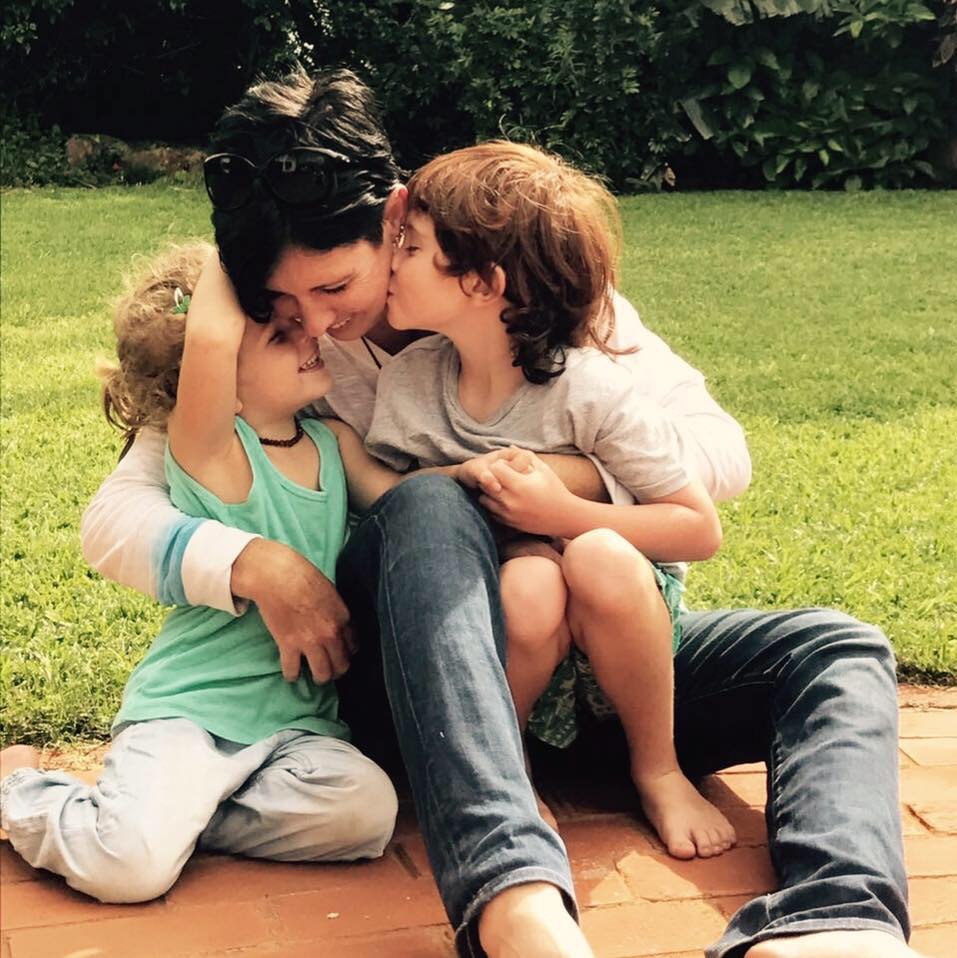 🖨️ Print post
🖨️ Print post
Many conservation groups hold a piece of the puzzle when it comes to saving our planet. They focus on saving a particular species or on planting trees. Sarah Savory suggests that we must step back and look at the big picture for a more cohesive approach to regenerate the land. And the land is indeed key, because if it becomes infertile, there will be nothing for the animals to eat, and they will indeed become extinct, despite our best efforts.
Sarah Savory is a children’s book author and conservation advocate (and, yes, the daughter of famed wildlife biologist Allan Savory) who knows how to explain in simple terms what is happening to our planet. She is a proponent of holistic management, an approach to greening the earth by properly managing livestock…and our own choices. Sarah invites us to examine how we are living and either contributing to, or alleviating, the issues that lead to desertification.
Sarah discusses the challenges she sees in Zimbabwe, her native country, and those that are common all over the world. She describes what led her to write children’s books on the topic of conservation. You will be moved by her clarity, conviction, and call to action.
Learn more about Sarah and her books at sarahsavory.com.
Notes
Just as we must un-learn “modern” ways of eating and return to wise traditions for optimal health, Sarah Savory invites us to look to the past as we attempt to heal our planet. For thousands of years, hooved animals and their predators could be found migrating across the world’s grasslands. Their trampling and manure resulted in nutrient-rich soils teeming with microbial life.
In today’s conversation, Sarah challenges the widely held belief that livestock degrades the land and contributes to climate change. She explains how holistically-managed livestock can actually restore the soil and reverse desertification. It’s all about understanding the big picture, and that means honoring natural rhythms to restore ecological balance.
Focusing on saving a single species or planting trees is not enough. These “solutions” are only a piece of the puzzle. Sarah suggests that we address the big picture: regenerating the land, so that all species can actually have something to eat, which is essential to survival.
Sarah concludes with advice for all of us to be a part of the solution of healing the planet. She makes a case for how every choice can make a difference.
This episode highlights:
- Why holistic management is so effective at restoring desertified landscapes
- The successes of the Africa Centre for Holistic Management in Zimbabwe
- A common misconception that drought is caused by too many grazing animals
- Why planting trees does not really help heal the planet
- Why poaching is an issue in Zimbabwe
- How our choices can impact the healing of the planet—from the food we eat to the clothes we buy
- Why we should avoid eating meat from concentrated animal feeding operations
- The importance of looking at the big picture of desertification (or why we need to do more than attempt to save one iconic species)
- Sarah’s children’s books—“What on earth is that?” and “That’s how we roll!”—and what she hopes parents can learn from them
- How returning wolves to their natural habitat regenerated Yellowstone National Park
- The need for an integrative approach to restoring native ecology
- The amazing life-supporting properties of soil
Resources:
Sarah’s pangolin books: http://sarahsavory.com/
Sarah’s Facebook page: https://m.facebook.com/SarahJSavory/
Sarah’s crowdfunding page: https://www.crowdrise.com/childrens-books-with-conservation-messages
🖨️ Print post

Leave a Reply